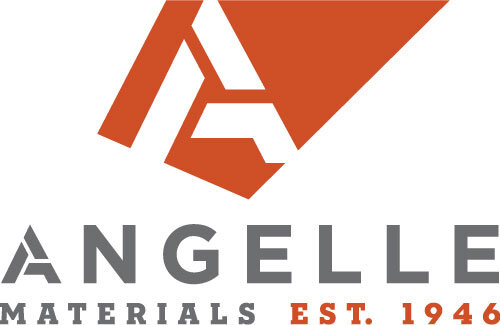Cement, Concrete, Slurry…what’s the difference and which is best for my project?
There can be a lot of confusion out there when it comes to the concrete industry and the terms associated with it. My goal in today’s blog is to clear that up for you.
It’s probably best to first start with the difference between cement and concrete. Many people use the words interchangeably, but there is a real difference. Cement is actually one small ingredient in concrete, whereas concrete is one of the most widely used building materials today. Cement is the basic binding agent used to bind water, aggregates, and sand in the production of concrete. It typically comprises 10-15% of the concrete mix by volume. Through a process called hydration, the cement and water harden to bind the aggregates into a rock-like mass. This hardening process continues for years as the concrete strengthens as it ages.
Now that we have that cleared up, let’s talk about the difference between cement slurry and concrete. Slurry is a word often used in our space, but when do you actually need it?
Cement slurry is essentially cement mixed with water and other chemical admixtures required to maintain a homogenous mixture. It is a cement-treated material commonly used for soil stabilization projects ranging from road projects and parking lots to large industrial or commercial construction projects. Proper soil stabilization can substantially reduce damage from water permeation and expansive soils resulting in increased durability of paving and foundations placed on the treated subgrade. Liquid slurries provide a more efficient utilization of all cement versus other traditional dry application methods.
Ready-mixed concrete is what most jobs need. Due to its durability and strength, ready-mix concrete is a very popular building material. It is a mixture primarily of cement, water, aggregates, and sand specifically produced for a customer’s project and transported and poured at the project site. It is the resulting structure for a road, sidewalk, patio, driveway, foundation, wall, building, or parking garage constructed on top of the site where cement slurries are traditionally mixed into the soil to improve the subgrade and longevity of the structure.
Call us today and we can walk you through what makes the most sense for your job. Angelle Materials has been in business since 1946 and helping customers with all kinds of projects from residential, industrial and even large commercial jobs.

